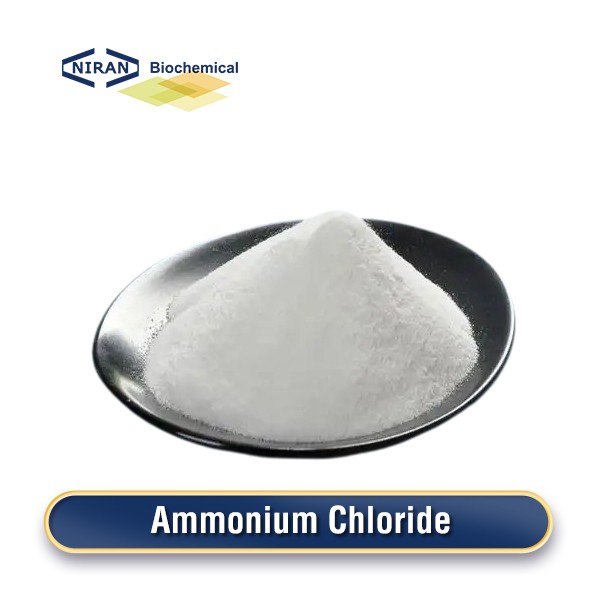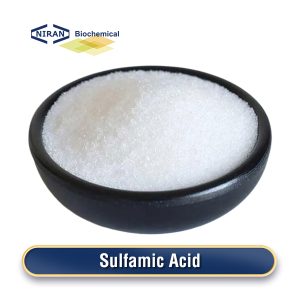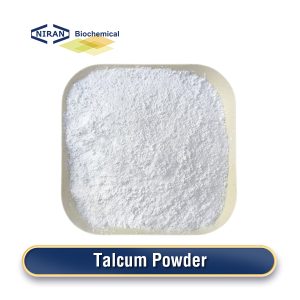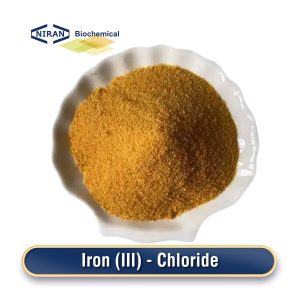Ammonium Chloride
- CAS Number: 12125-02-9
- Chemical Formula: NH4Cl
- MOQ: 1000KG
- Shelf Life: 2 years
- Types: White Crystalline, Granular Solid, Solution
- Synonyms: Sal Ammoniac, Ammonium Salt, Hydrogen Ammonium Chloride
Product Description
What Is Ammonium Chloride?
Ammonium Chloride (NH4Cl) is an inorganic compound, typically appearing as a white crystalline solid. It is commonly used in fertilizers, pharmaceuticals, food additives, and various industrial applications such as metal treatment and chemical synthesis.
It is produced primarily by neutralizing ammonia gas with hydrochloric acid. The process yields ammonium chloride, which can be collected through cooling or evaporation. This compound serves as a nitrogen fertilizer, is used in respiratory treatments, and functions as a buffer in chemical processes.
Related Parameters:
| Items | Standards |
| NH4Cl (To dry basis meter) g/100g ≥ | 99.5 |
| Loss drying g/100g ≤ | 0.7 |
| Ignition residue g/100g ≤ | 0.4 |
| Heavy metal mg/kg ≤ | 5 |
| Sulfate (SO4) mg/kg ≤ | 200 |
| Iron (Fe) mg/kg ≤ | 10 |
| PH (200g/L, 25℃) | 4.0-5.8 |
Recommended Dosage of Ammonium Chloride:
| Applications | Dosage |
| Agriculture | 5%-10% |
| Pharmaceuticals | 0.1%-1% |
| Food Industry | 0.1%-0.5% |
| Textile Industry | 0.5%-5% |
| Batteries | 5%-20% |
| Laboratory Use | 1%-5% |
| Flux in Metalworking (Soldering) | 1%-5% |
Ammonium Chloride Has Wide Range of Uses:
- Agriculture: Primarily used as a nitrogen fertilizer, especially in rice cultivation.
- Pharmaceuticals: Used as an expectorant in respiratory treatments, helping to loosen mucus in conditions like bronchitis.
- Food Industry: Acts as an acidity regulator and flavoring agent for some specific food products.
- Metal Treatment: Metal treatment is employed as a flux in metal processing, such as soldering and galvanizing.
- Chemical Synthesis: Used as a reagent in the production of other chemicals.
- Laboratories: Used in analytical chemistry and buffer solutions.
User Asked Question:
Q: Is there a difference between food grade and industrial grade Ammonium Chloride?
A: Yes, there is a significant difference between food-grade and industrial-grade Ammonium Chloride. Food-grade Ammonium Chloride is manufactured to meet higher purity standards, ensuring it is safe for human consumption. It is free from harmful contaminants and impurities, complying with food safety regulations. In contrast, industrial-grade Ammonium Chloride may contain impurities and is intended for non-consumable applications, such as fertilizers, metal treatment, or chemical processes.




